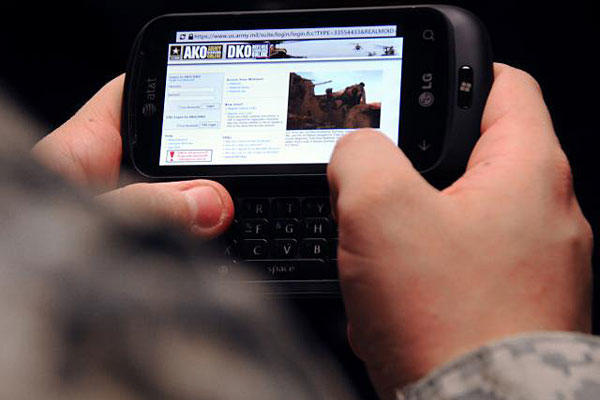Thinking of upgrading to a new mobile phone or device? Maybe returning one that didn’t work out for you? It’s important to delete any personal information you stored on the device.
How to Remove Personal Information
Your mobile device probably holds sensitive information such as addresses and phone numbers, passwords, account numbers, email, voicemail and text message logs. When getting rid of your old device, it’s important to take steps to help ensure this information doesn’t fall into the wrong hands.
First, try to use the factory reset. Many devices allow you to “wipe” your device and clear nearly all the information in its memory. Sometimes, this is called a “hard reset,” or “factory reset.” You may be able to save or transfer the information to your new device before you delete it from your old one. For detailed instructions on how to “wipe” your device, read your owner’s manual or check the website of your mobile provider or the device manufacturer.
Second, remove or erase SIM and SD cards. Many mobile devices store information on a SIM card or an external SD card as well as in the device’s internal memory. If you’re keeping your phone number, ask your mobile provider about transferring your SIM card to your new device. SD cards often contain photos and other sensitive information. Even when you “wipe” your device, your SIM card or SD cards may retain information about you. Remove them from your device or delete the data that’s stored on them.
Checking Twice
After you’ve deleted your personal information, it’s good to double-check to make sure it’s gone. Check your:
- Phone book
- Logs for both dialed and received calls
- Voicemails
- Sent and received emails and text messages
- Downloads and other folders
- Search histories
- Personal photos
If you stored apps on your device, remove them and the data associated with them.
Discarding With Care
Once you have a “clean” phone, it’s up to you to decide what to do next.
Recycling it is one option. Many mobile device manufacturers, wireless service providers, and other groups have programs to refurbish mobile devices or recycle their components, including accessories like chargers. For more information, check the websites of:
Another option is to donate your device. Many organizations collect used mobile devices for charitable purposes. You also might decide to trade in your device for a credit toward a new one; resell it to a person or an organization; or just dispose of it altogether. If that’s your choice, keep the environment in mind. The EPA recommends that you check with your local health and sanitation agencies for their preferred way to dispose of electronics..
-- This article is courtesy of the National Credit Union Administration at mycreditunion.gov.




